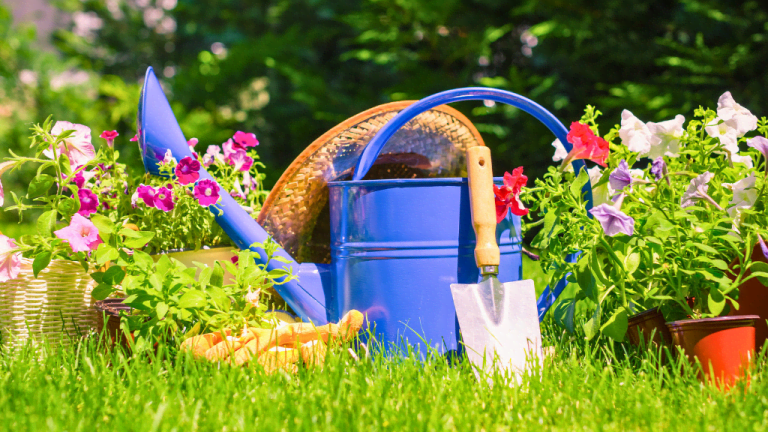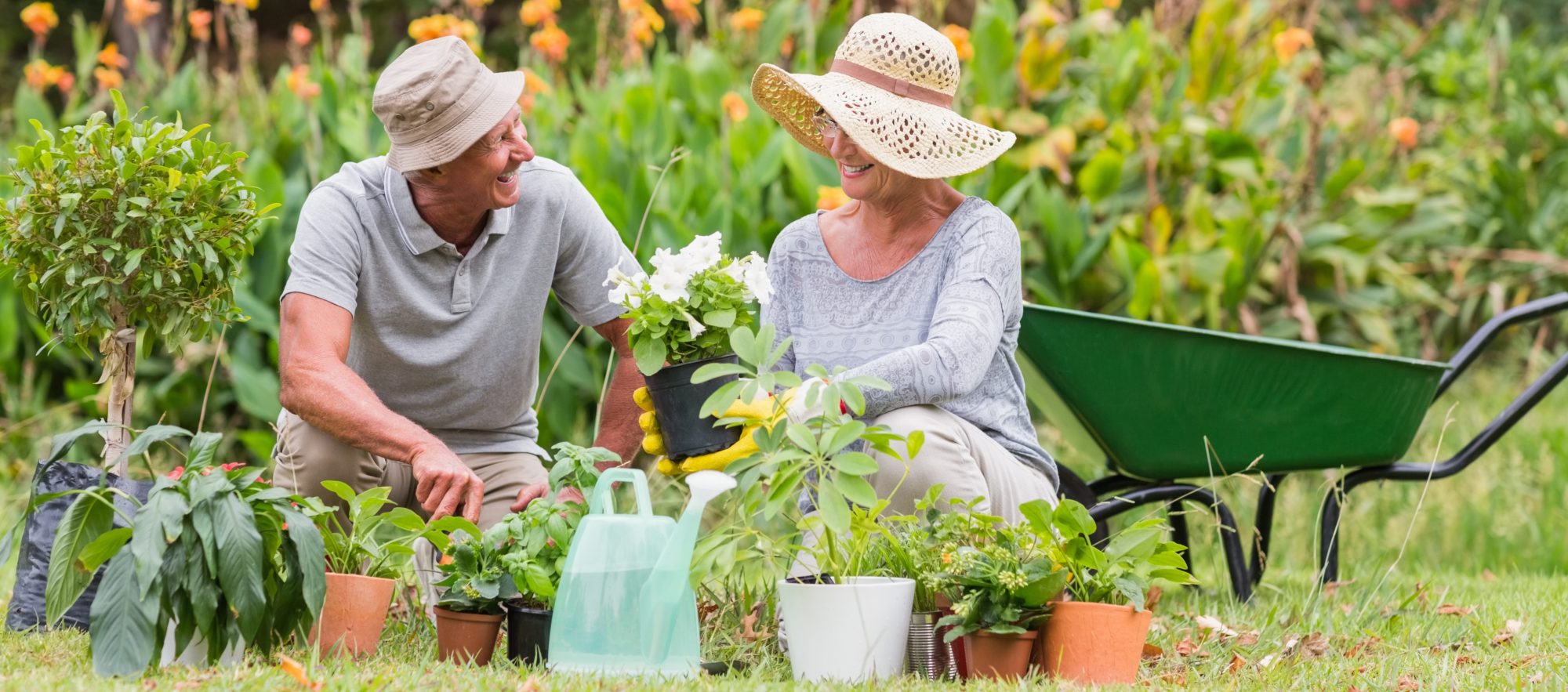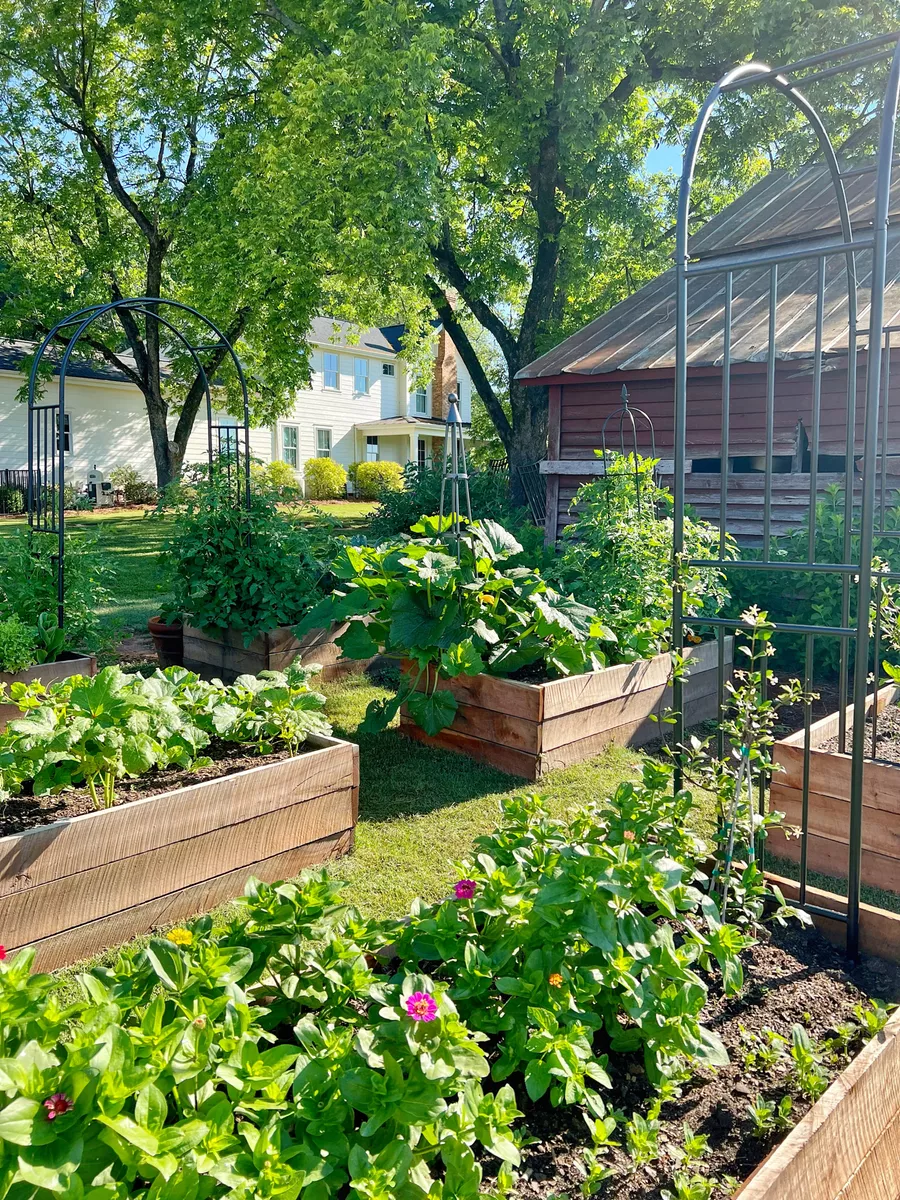Essential Gardening Tools Every Gardener Needs for a Beautiful Garden
Essential Gardening Tools Every Gardener Needs for a Beautiful Garden
Blog Article
Unlocking the Advantages of Horticulture: A Thorough Appearance at the Various Types and Their Influence On Health
Checking out the complex benefits of gardening discloses a range of practices that significantly enhance private health. As we analyze these diverse horticulture strategies, it ends up being apparent that their impact can reverberate on individual, social, and environmental levels, motivating a closer look at exactly how these links form a natural story of all natural health and wellness.
Sorts Of Gardening

Blossom gardening, an additional prominent group, stresses the aesthetic charm of grown blooms. This type can boost landscapes and advertise biodiversity by attracting helpful pollinators. Herb gardening includes expanding aromatic and cooking plants, adding both to food preparation and all-natural solutions.
Container gardening deals convenience, allowing individuals with restricted room to involve in gardening by utilizing pots and planters. This approach is specifically prominent in city setups. Elevated bed gardening, on the various other hand, involves creating elevated plots that improve dirt water drainage and access, making it simpler for garden enthusiasts to handle their plants.
Finally, area gardening fosters cooperation among individuals in shared rooms, advertising social interaction and collective duty. Each kind of gardening offers distinctive objectives and deals with various preferences, making gardening a flexible activity that can be tailored to individual needs and atmospheres.
Mental Health Advantages
Involving in different kinds of gardening not only produces substantial incentives such as fresh fruit and vegetables and lovely flowers yet additionally uses considerable mental wellness advantages. Research shows that gardening can be an effective device for decreasing anxiety, anxiousness, and depression. The act of tending to plants and cultivating a garden fosters a feeling of objective and success, which can enhance overall psychological well-being.
Moreover, gardening encourages mindfulness, as it requires people to concentrate on the here and now moment, whether it be planting seeds or supporting development. This mindfulness technique can lead to decreased rumination and boosted mood security. The direct exposure to natural surroundings throughout horticulture has also been linked to boosted cognitive functioning and lowered feelings of tiredness.
Social interaction plays an important function in mental health, and original site community gardening efforts give opportunities for people to get in touch with others, cultivating a feeling of belonging. The shared experience of horticulture can grow friendships and assistance networks, even more reinforcing psychological durability.
Physical Health And Wellness Advantages
Several people may not recognize that gardening also offers significant physical wellness benefits. Participating in horticulture tasks needs a series of physical movements, including bending, training, excavating, and growing, which jointly contribute to enhanced toughness, adaptability, and endurance. These activities can boost cardiovascular wellness by promoting a raised heart price, thus decreasing the threat of cardiovascular disease.
Additionally, horticulture can act as a moderate-intensity exercise, helping people achieve recommended physical task levels. Studies suggest that routine engagement in horticulture can melt substantial calories-- approximately 200-400 calories per hour, depending on the intensity of the jobs done. Such calorie expenditure is beneficial for weight management and overall metabolic health and wellness.
Furthermore, direct exposure to sunlight during gardening can help with the synthesis of vitamin D, which plays a crucial duty in keeping bone health and wellness and supporting immune function. Moreover, the act of horticulture commonly entails collaborating with dirt, which has been linked to potential psychological and physical wellness advantages because of the presence of valuable microbes. Gardening.
Social Links Through Horticulture
The communal elements of gardening foster purposeful social links amongst people. Community gardens, in particular, function as vivid hubs where people from diverse backgrounds collaborated, growing not only plants yet also connections. These shared spaces urge partnership, enabling people to trade knowledge, abilities, and resources, thereby boosting their horticulture experience and fostering a feeling of belonging.
Interaction in anchor horticulture tasks usually causes the development of relationships and support networks. Individuals frequently join for typical objectives, such as growing seasons, harvest events, or academic workshops, which strengthen social ties and produce a feeling of community. Such interactions can ease sensations of isolation and boost mental health, as individuals discover companionship and camaraderie in common ventures.

Environmental Influence of Horticulture
Gardening considerably adds to environmental sustainability in numerous methods. Home yards provide important environments for different varieties, including pollinators such as and butterflies, which are vital for ecosystem health and wellness.

In addition, gardens play an important role in water preservation. Well-planned landscapes, including indigenous plants and xeriscaping, reduce water use and avoid runoff, thereby shielding regional waterways from contamination.
Conclusion

The diverse types of horticulture-- consisting of veggie, flower, herb, container, and increased bed-- add to psychological and physical wellness, foster social connections, and promote environmental sustainability. By involving in gardening techniques, people can experience improved high quality of life while additionally sustaining area bonds and ecological health.
Report this page